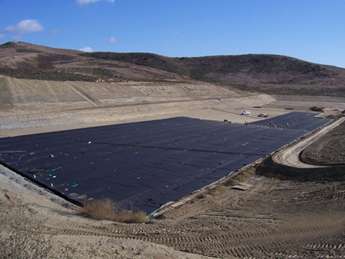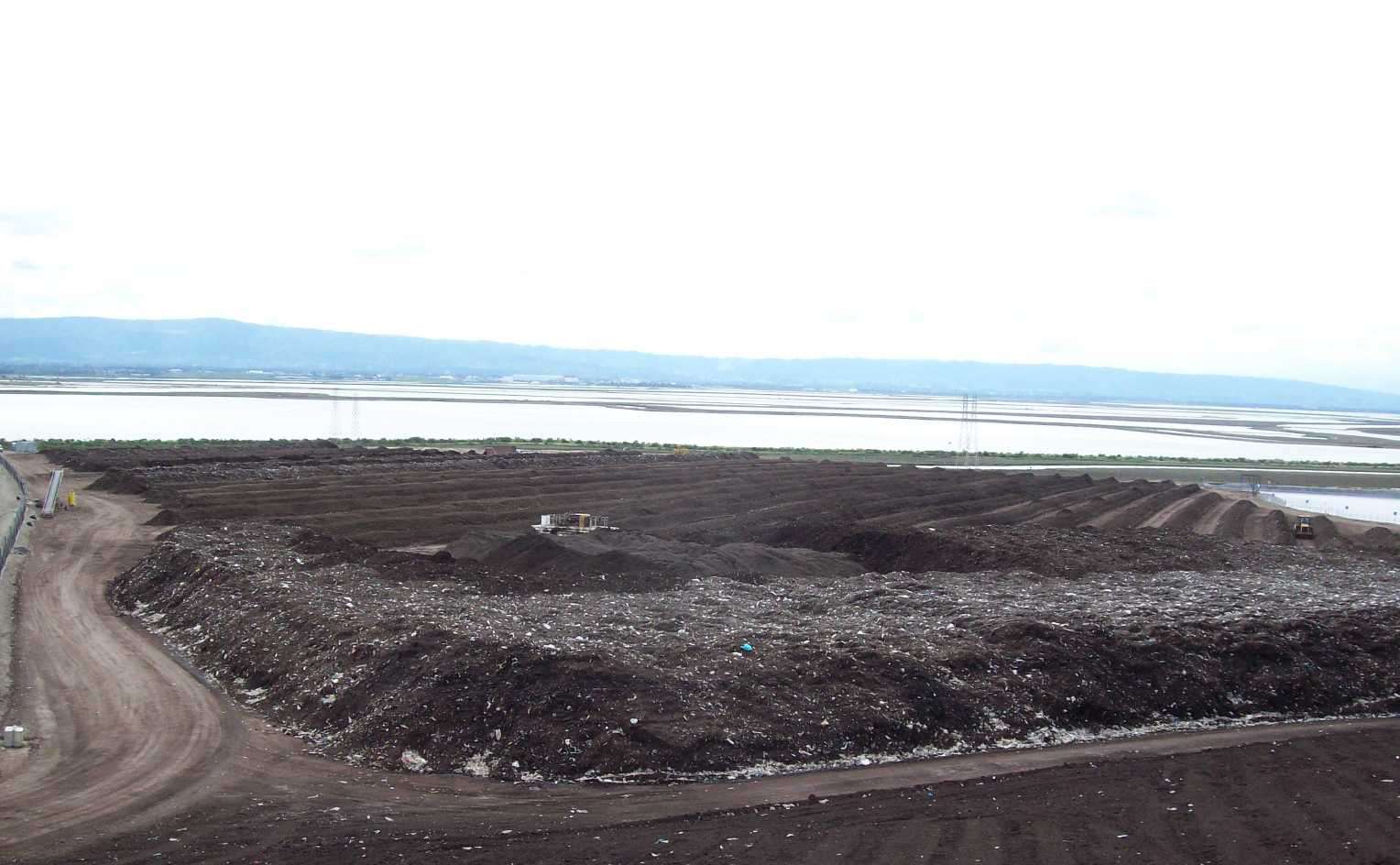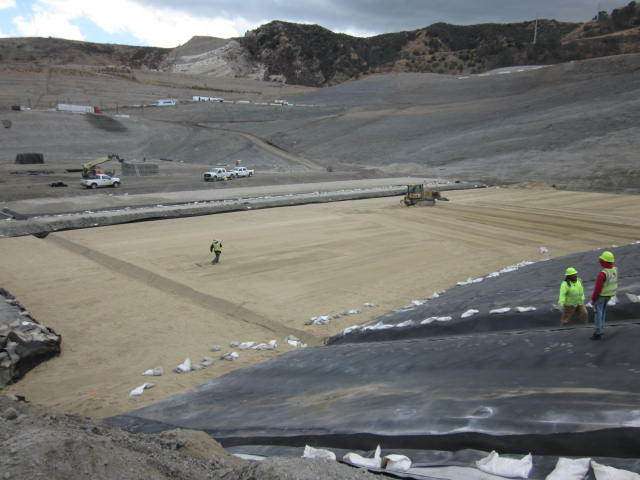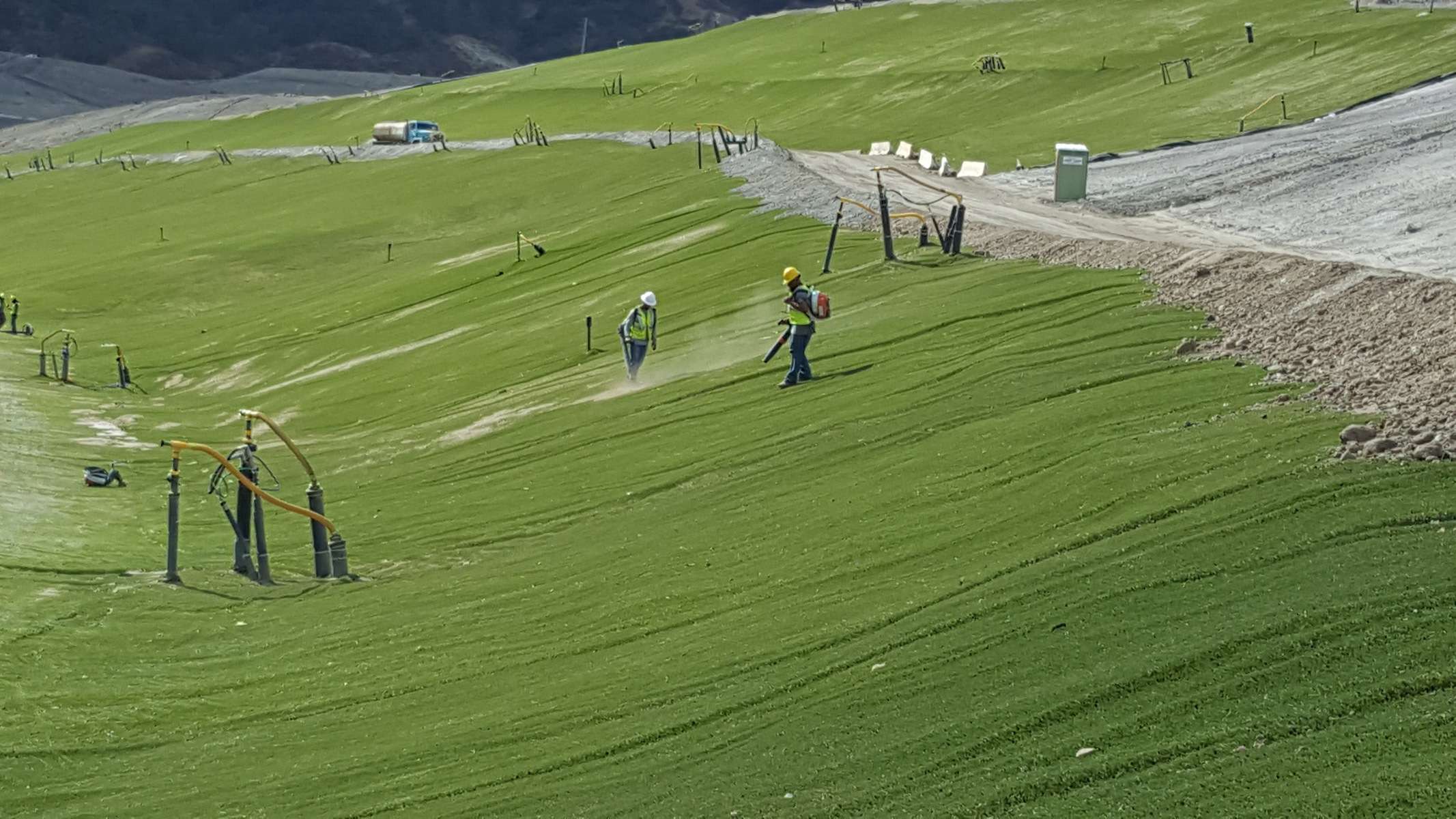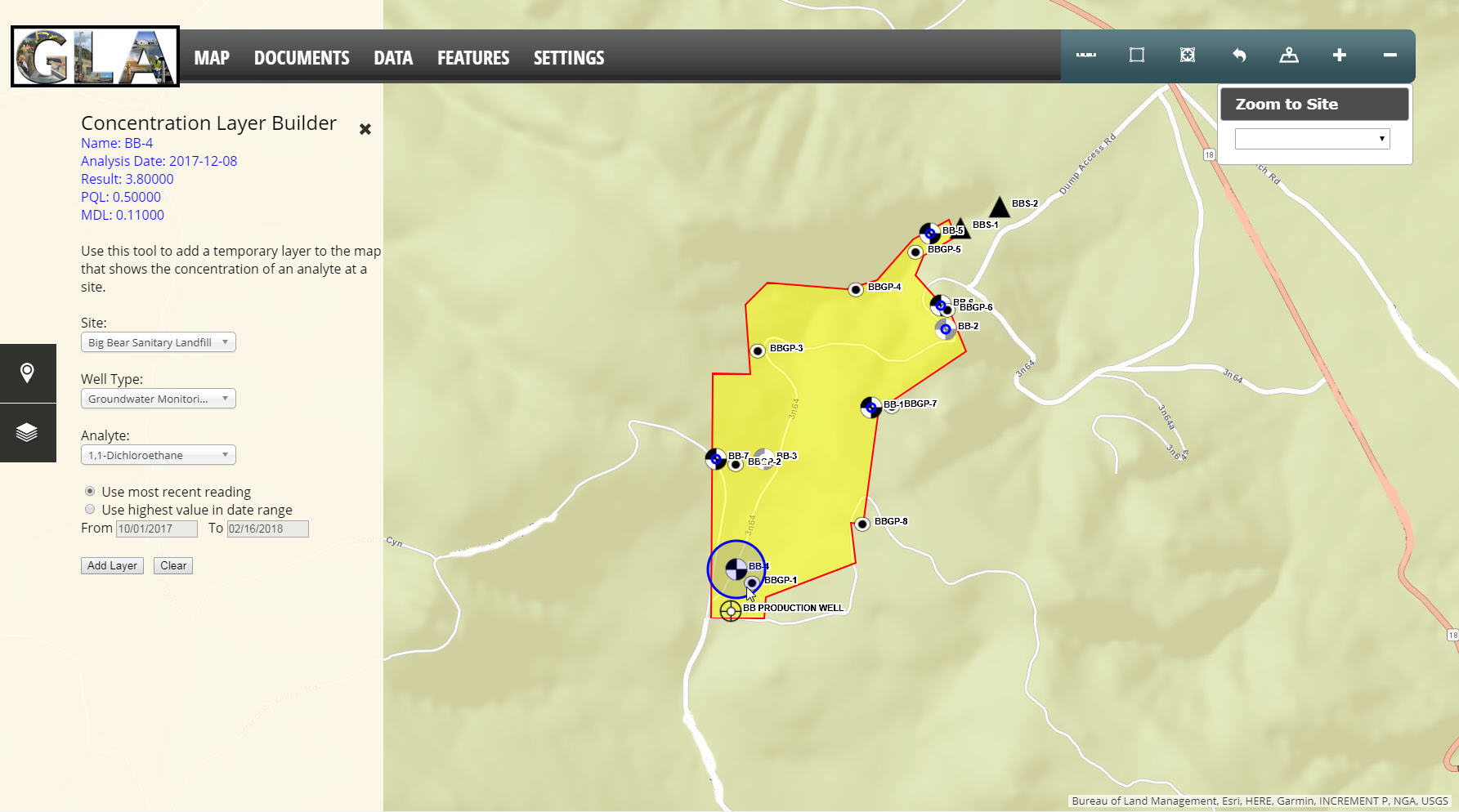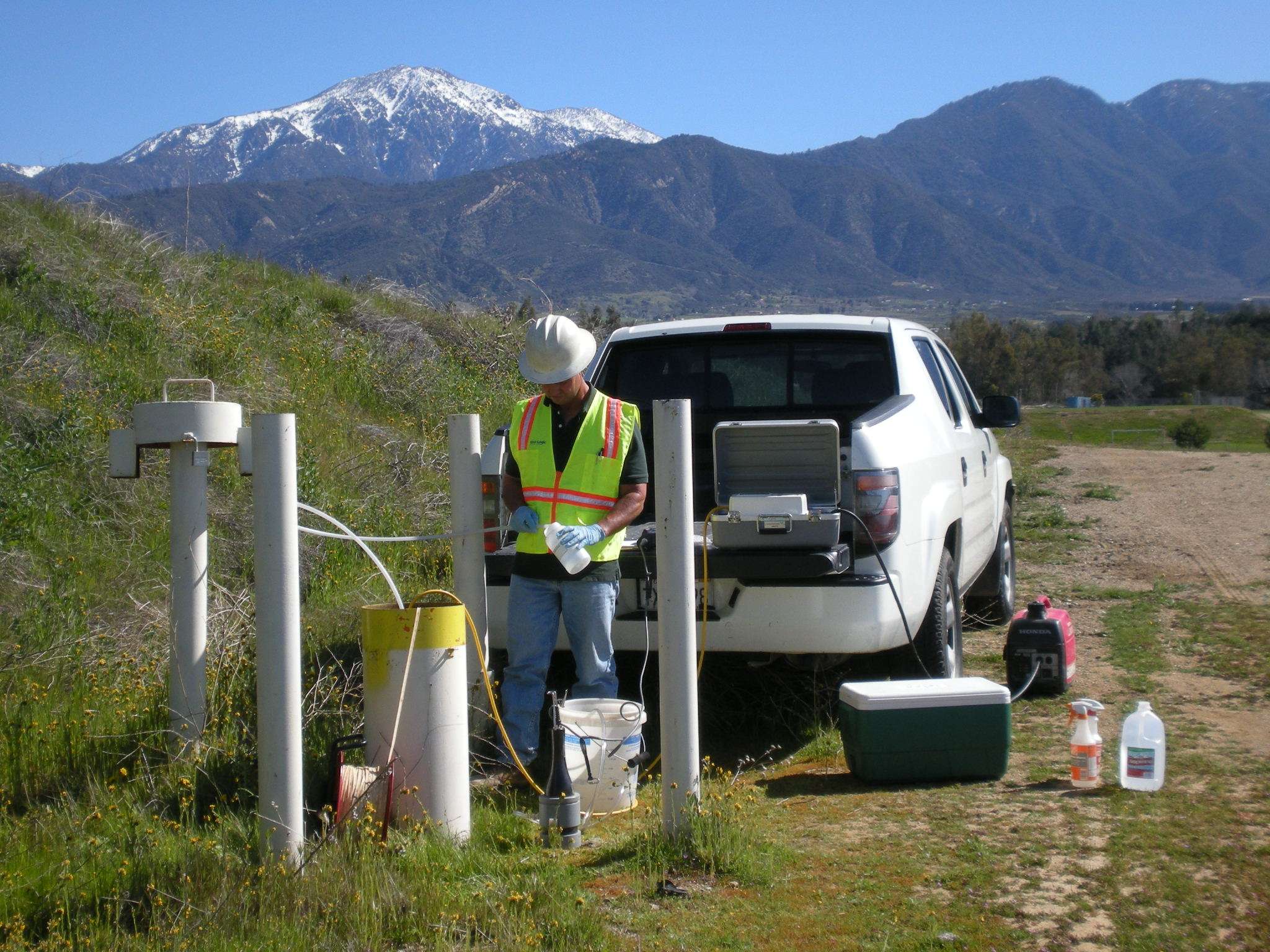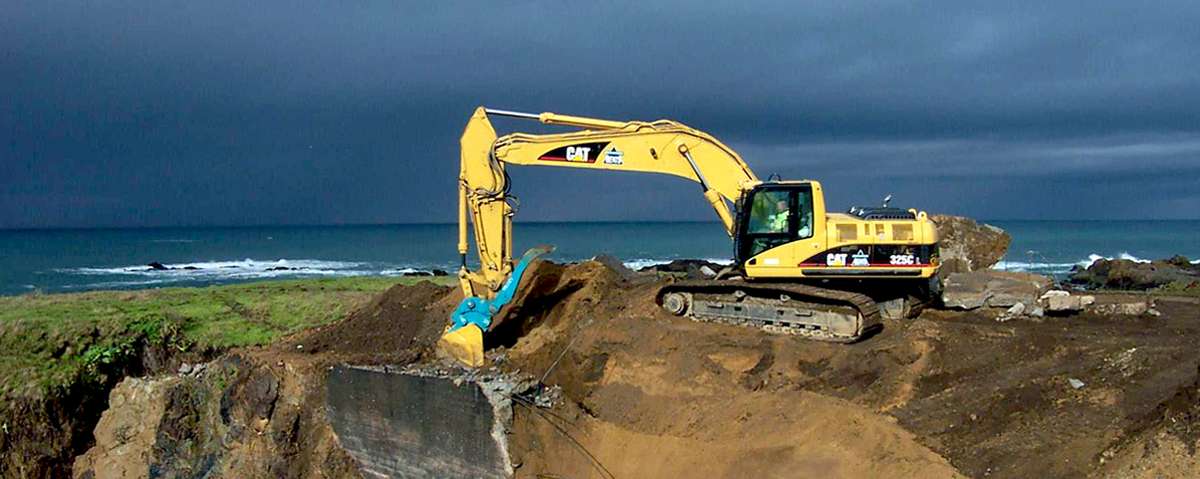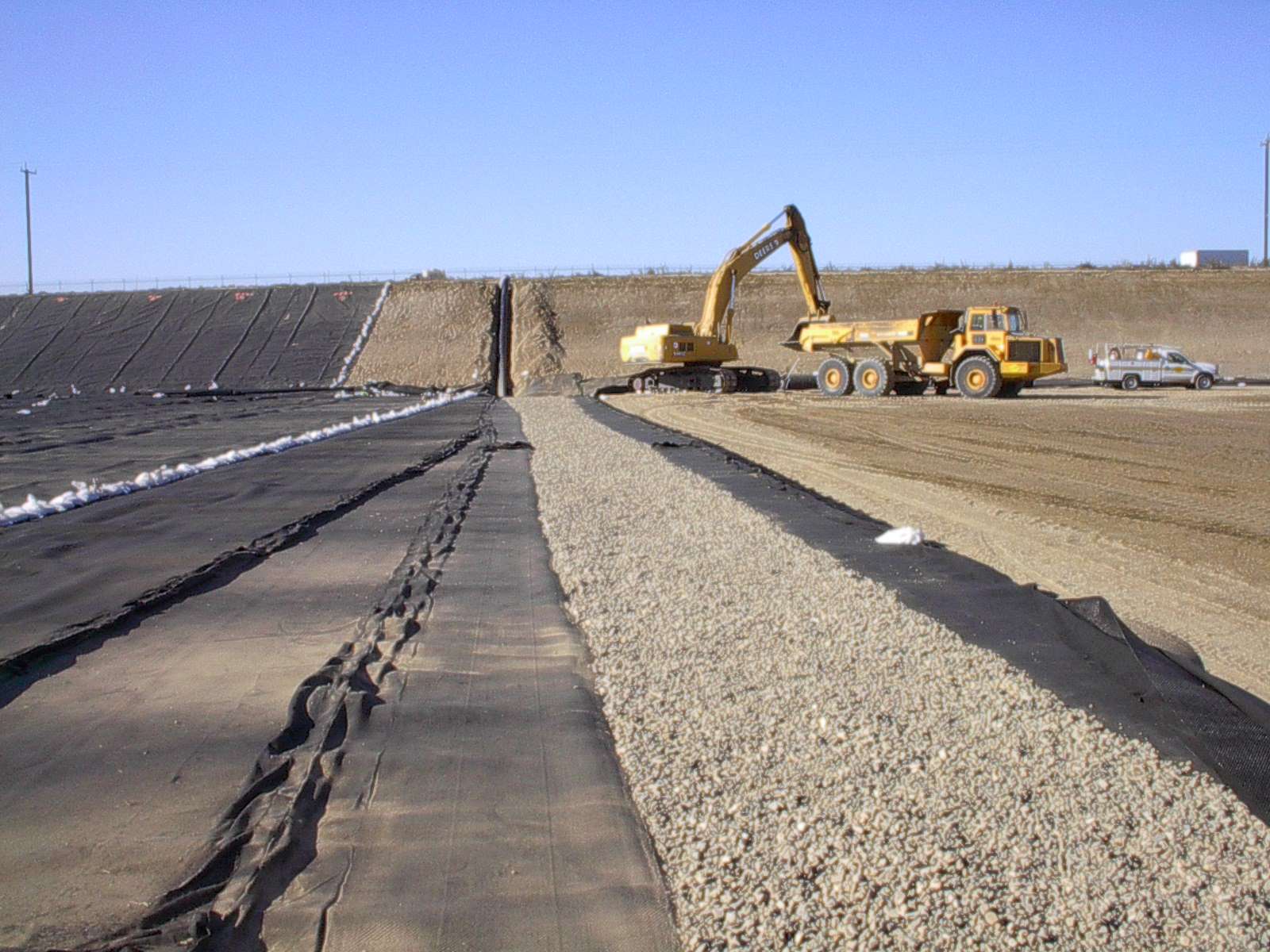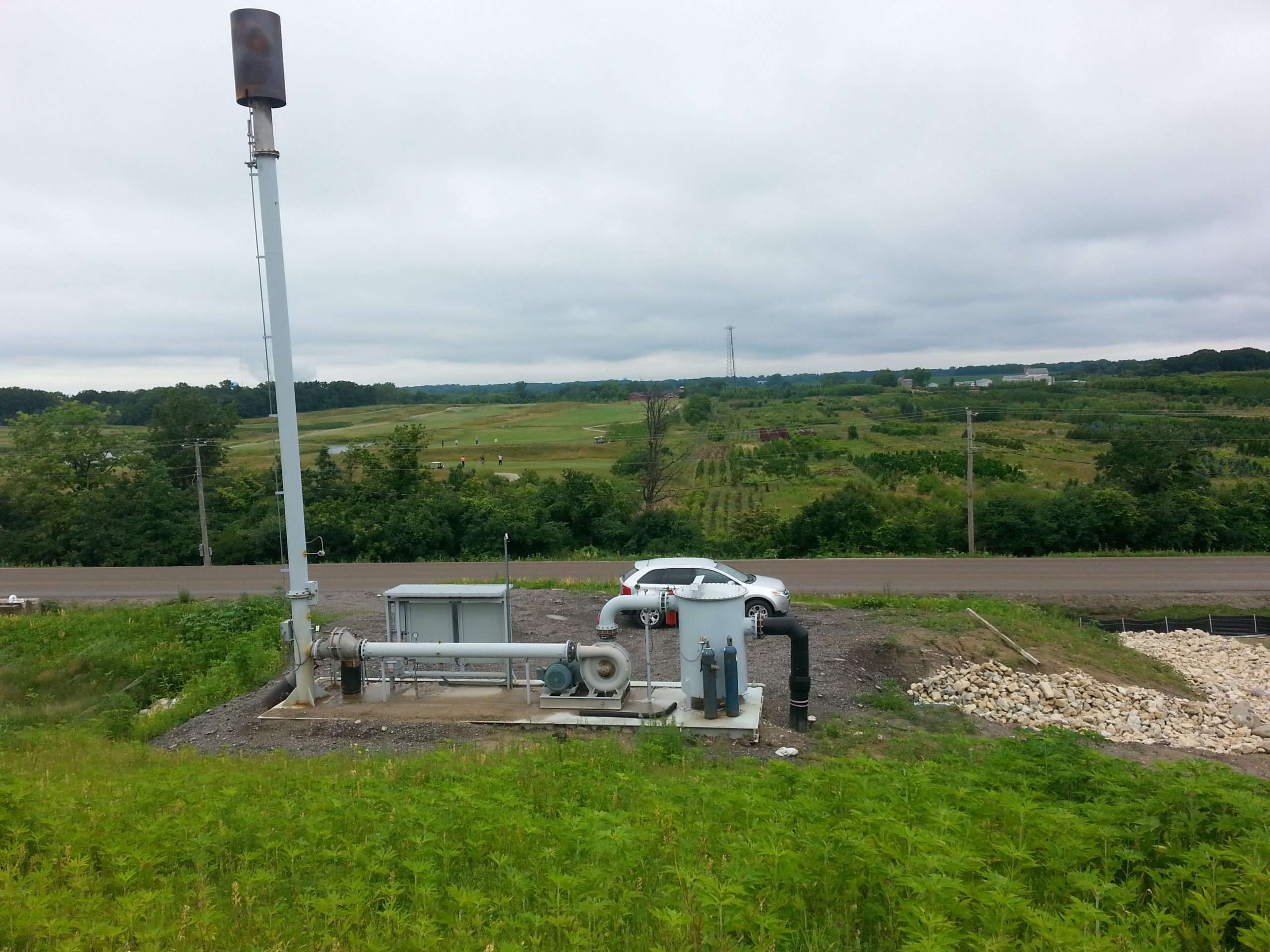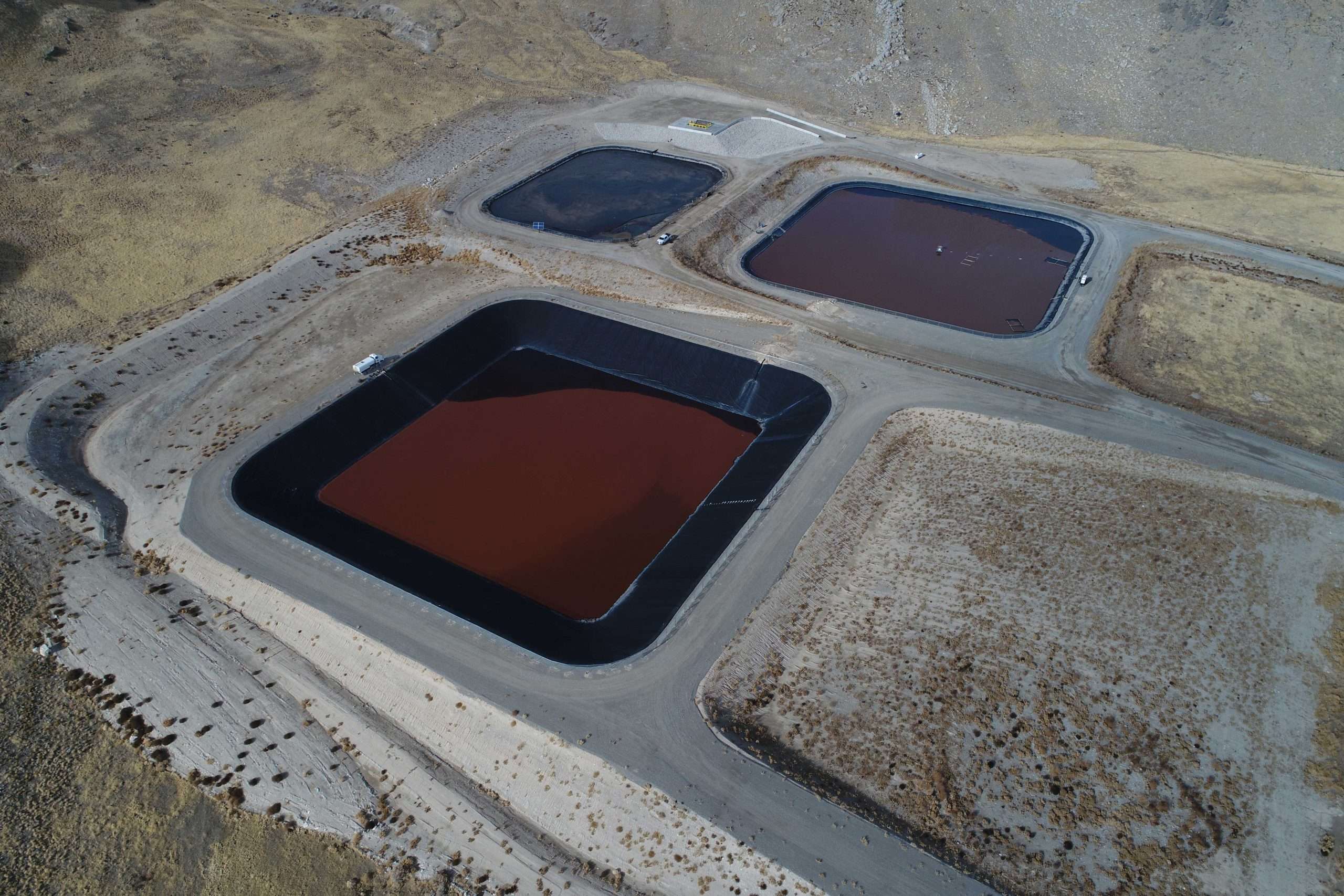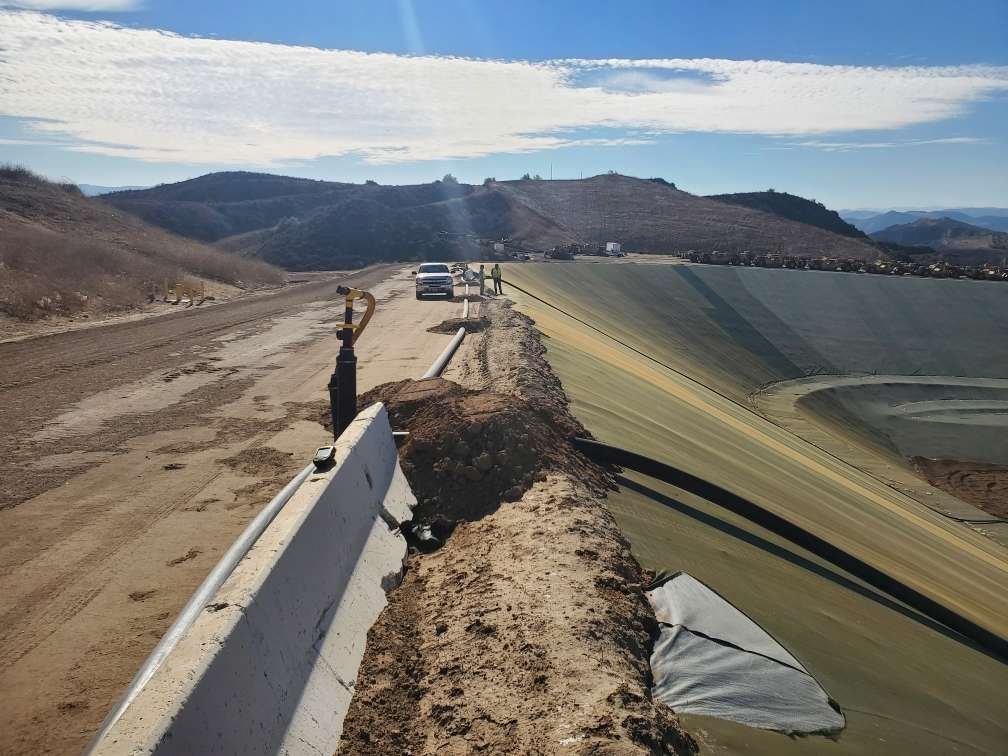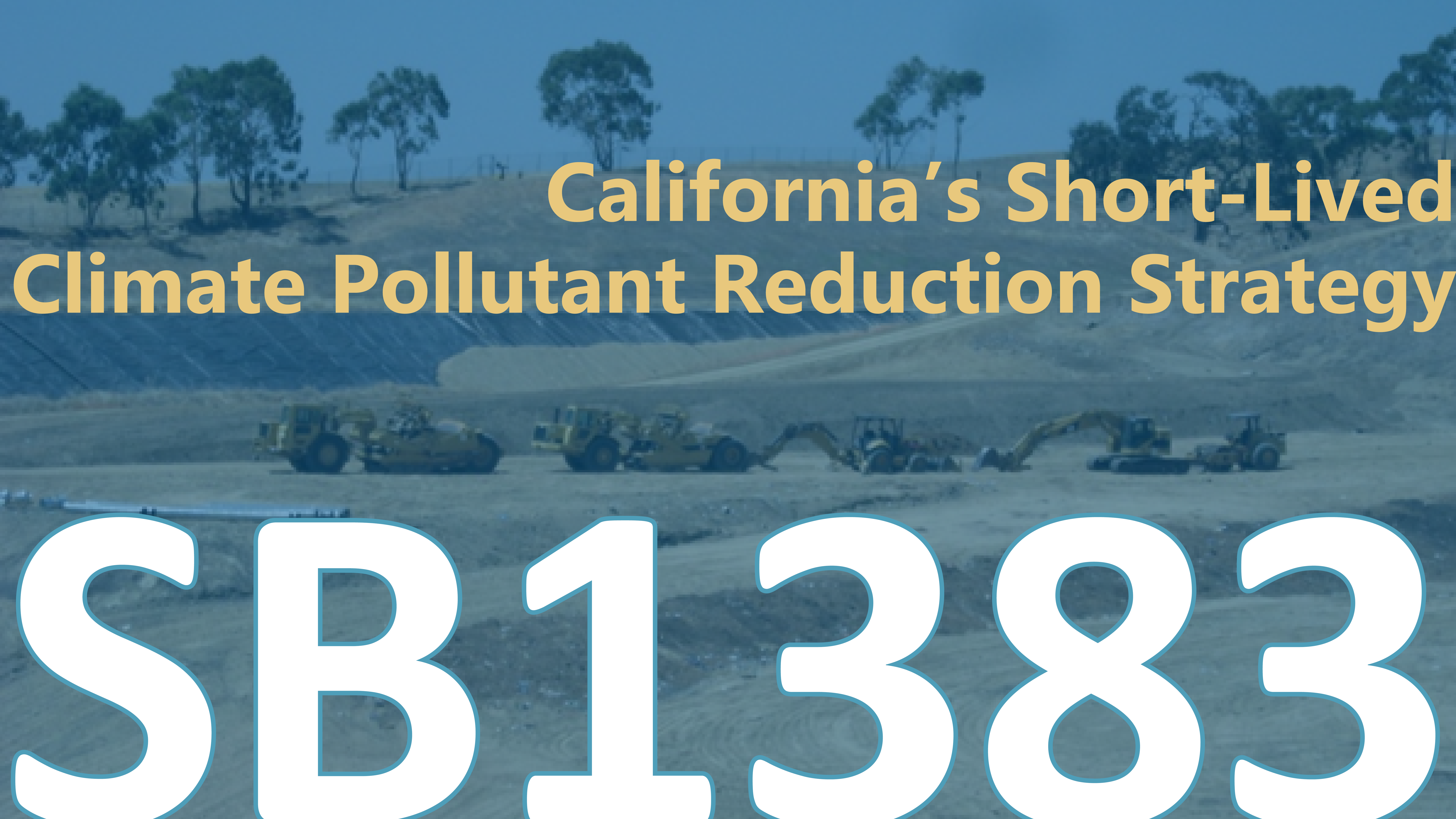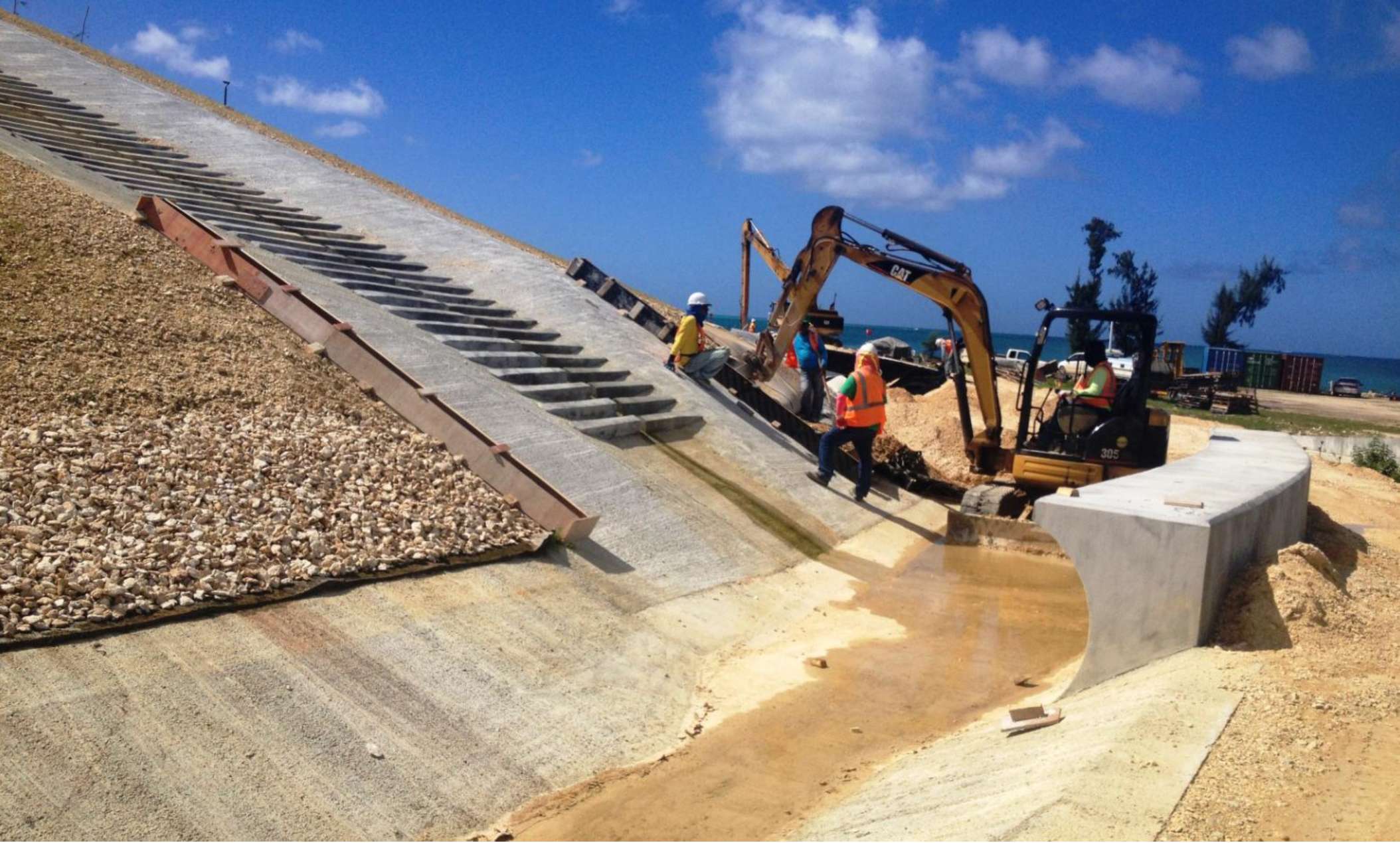GLA offers a wealth of experience preparing all elements of final cover systems in support of waste site closure. Our detailed design work for closure includes cover system studies, borrow source studies, geotechnical analyses for slope stability, settlement and liner systems, hydrogeologic studies, and planting and irrigation systems. GLA has developed closure plans for extensive agency interaction, simple and complex revegetation projects using native species, long-term revegetation monitoring programs, construction quality assurance, and construction management activities. GLA is well versed in federal and state regulations, policies, geotechnical conditions, building codes, and design criteria; GLA’s team also has excellent working relationships with the solid waste engineering staff at the local, regional, and state level.
GLA has undertaken considerable research into alternative final cover systems, unsaturated fluid flow, and the engineering of plant-soil-water systems. The studies effectively demonstrate that prescriptive covers are not as effective in limiting leachate generation and the protection of the underlying groundwater, particularly in the arid Southwest. In recognition of the value of pursuing alternate cover designs, GLA, in association with several regulatory agencies and sanitation districts, formed the Alternative Final Cover Technical Committee in 1992 to foster industry research on alternative covers and active, potentially irrigated end uses. Through this work, GLA has successfully negotiated alternative final closure designs for facilities within arid areas of the United States and has provided these designs at over 60 waste disposal sites.
Our independent research efforts led to the development and regulatory approval for a simple and cost-saving alternative to standard landfill and hazardous waste covers—Evapotranspirative (ET) covers. Through this groundbreaking work, GLA staff members were awarded patents for special applications of water balance covers, including a patent for an ET cover developed in partnership with the U.S. Department of Energy. The use of ET covers is expanding due to their high performance and low maintenance costs. GLA assists clients with gaining ET cover regulatory approvals across the western United States.
Whether soil or geosynthetic, GLA has designed final cover systems for all types of waste disposal facilities in a wide variety of climate zones and terrains. As a result, our staff of civil engineers have a well deserved reputation for preparing construction plans, specifications, and bid documents that are easily followed by the approving regulatory agencies and valued by contractors and construction managers for their constructability.

